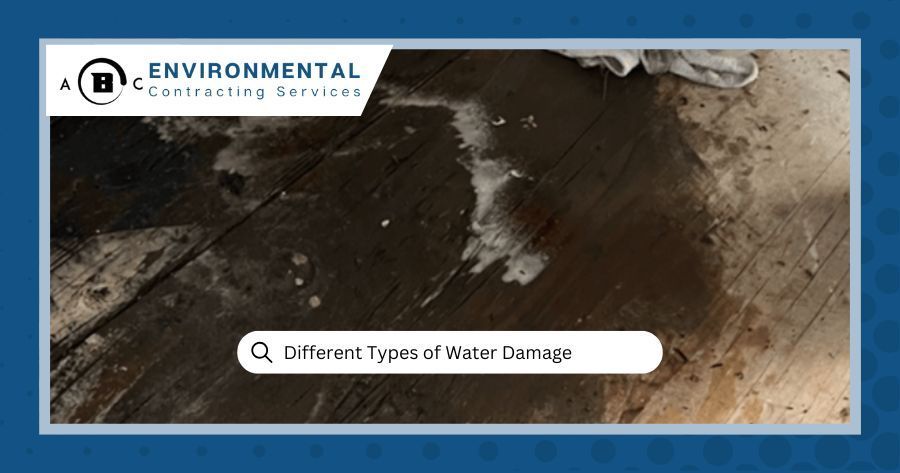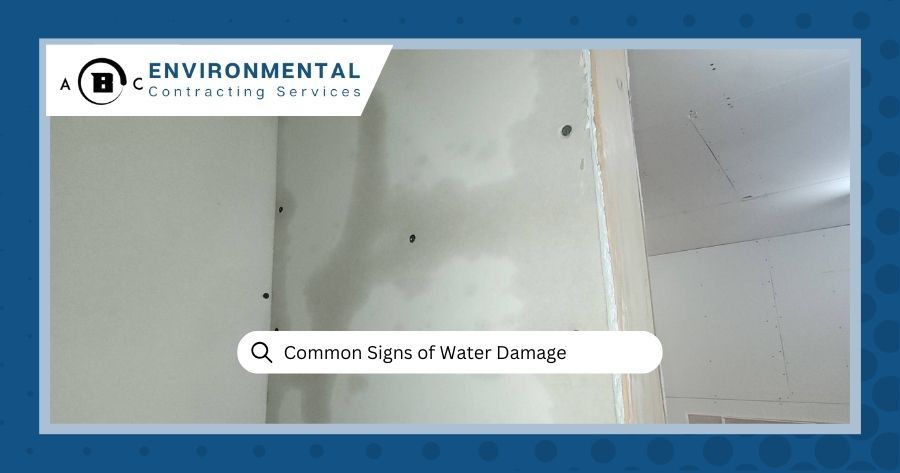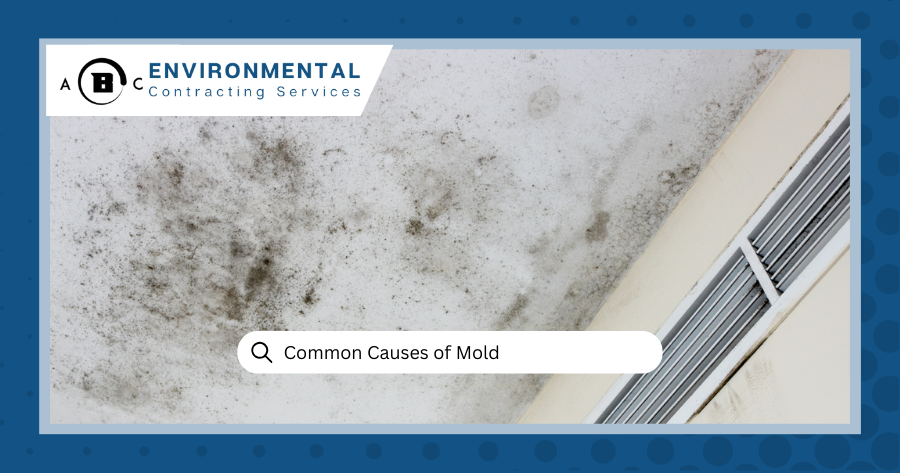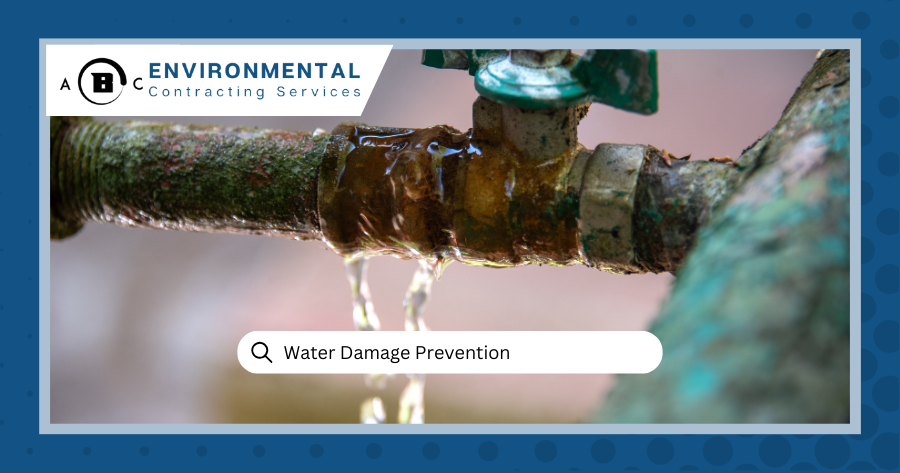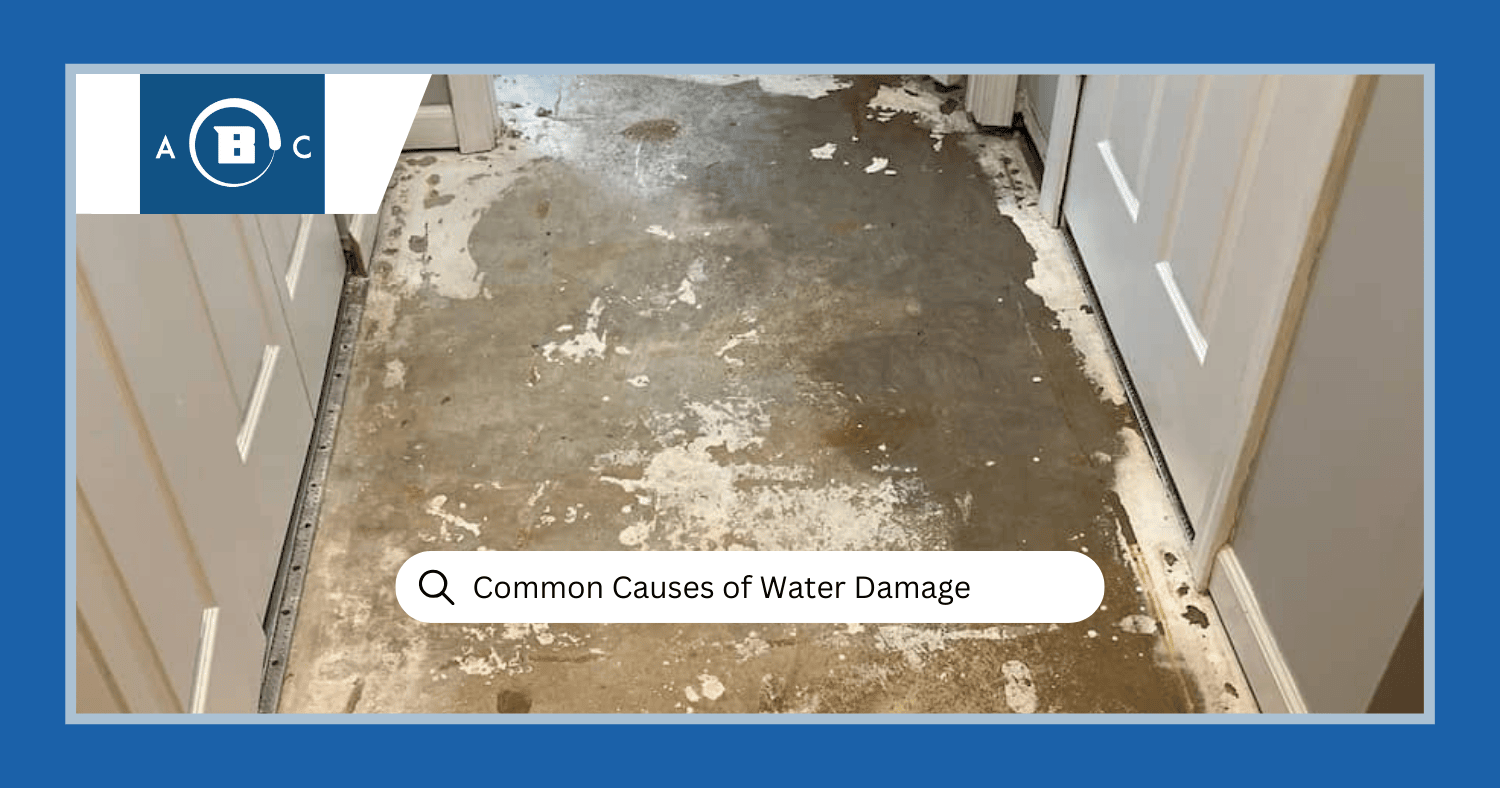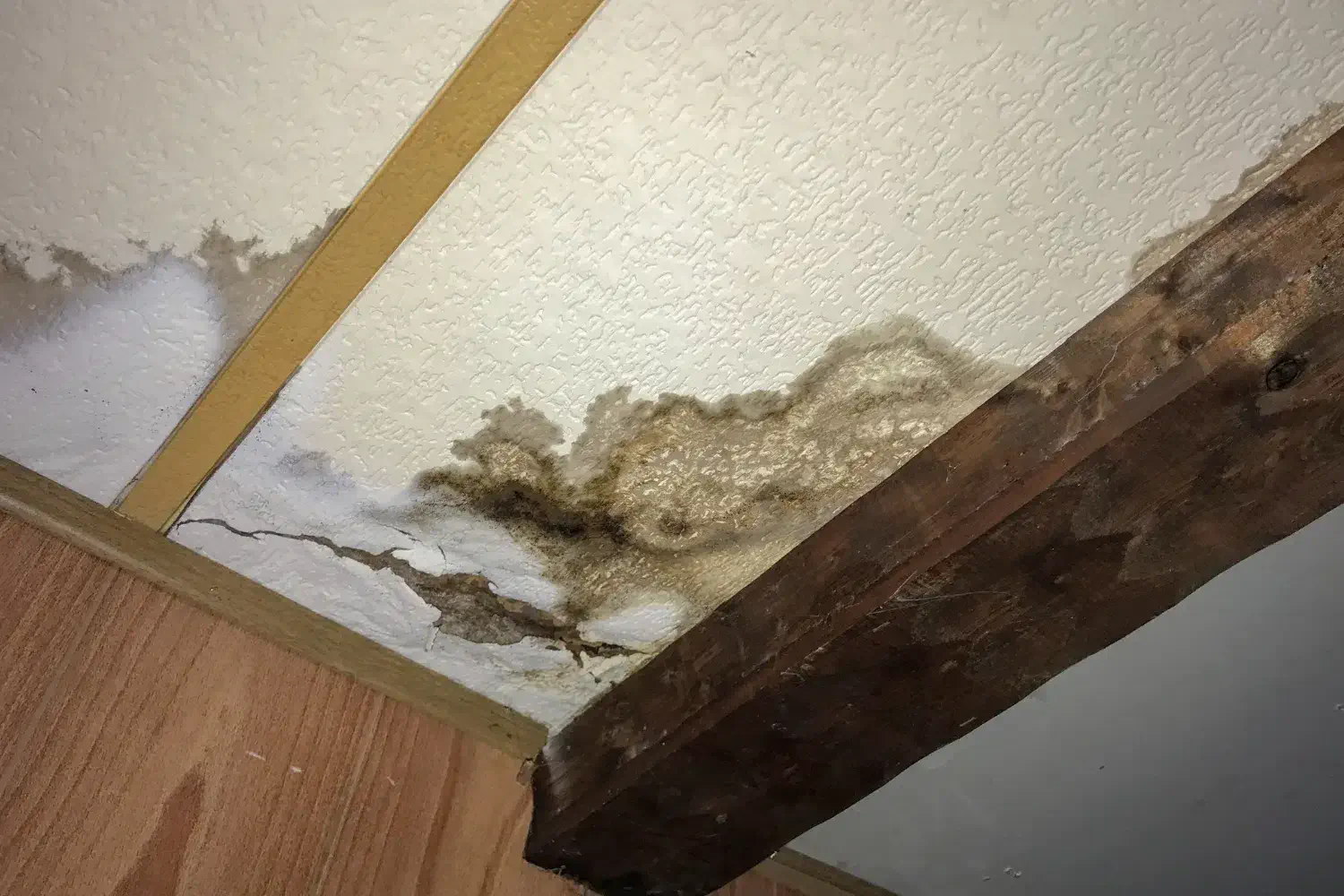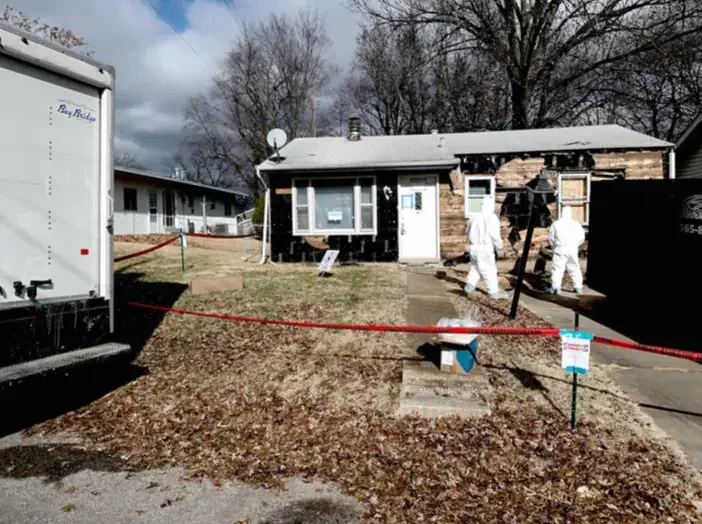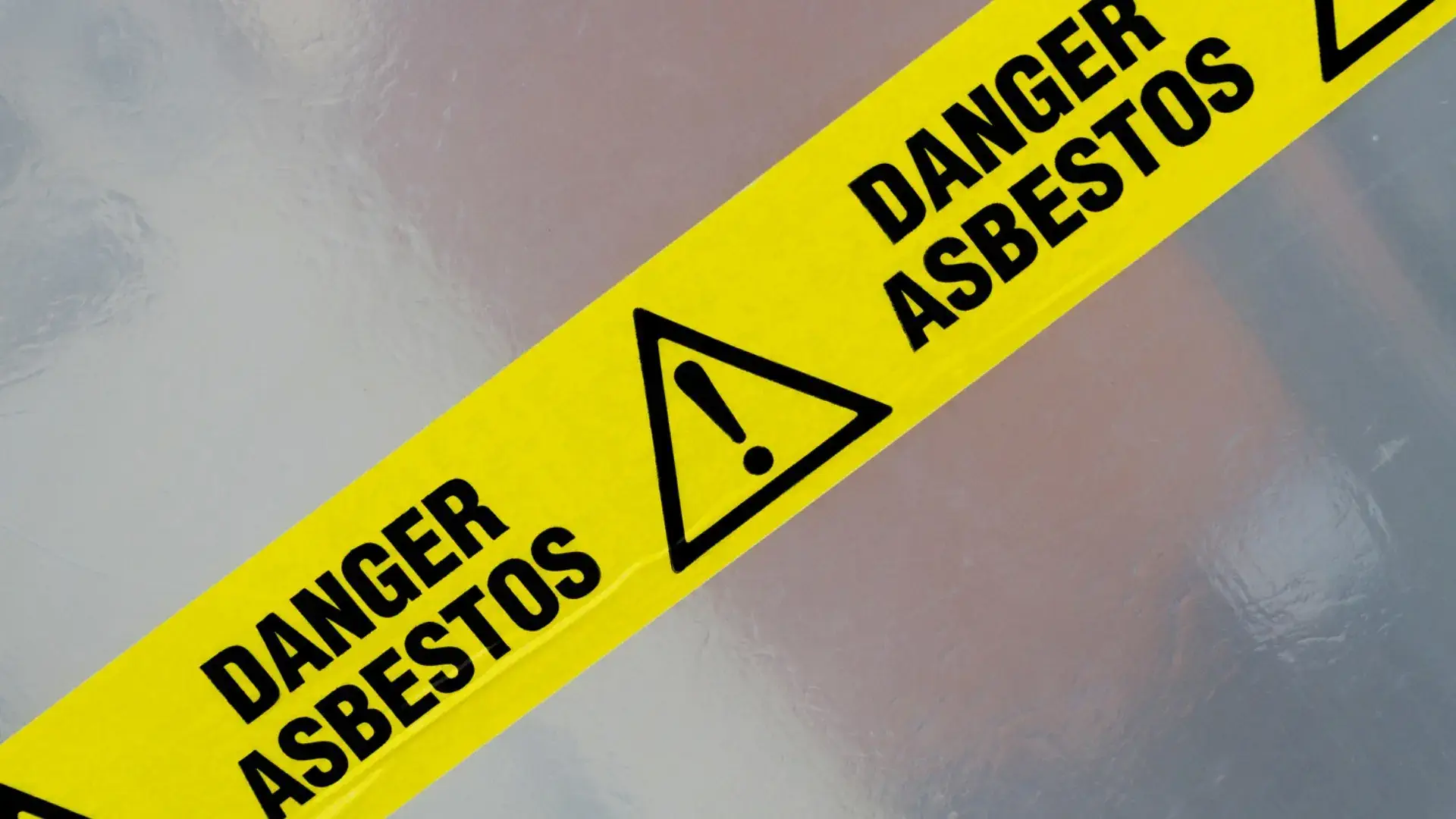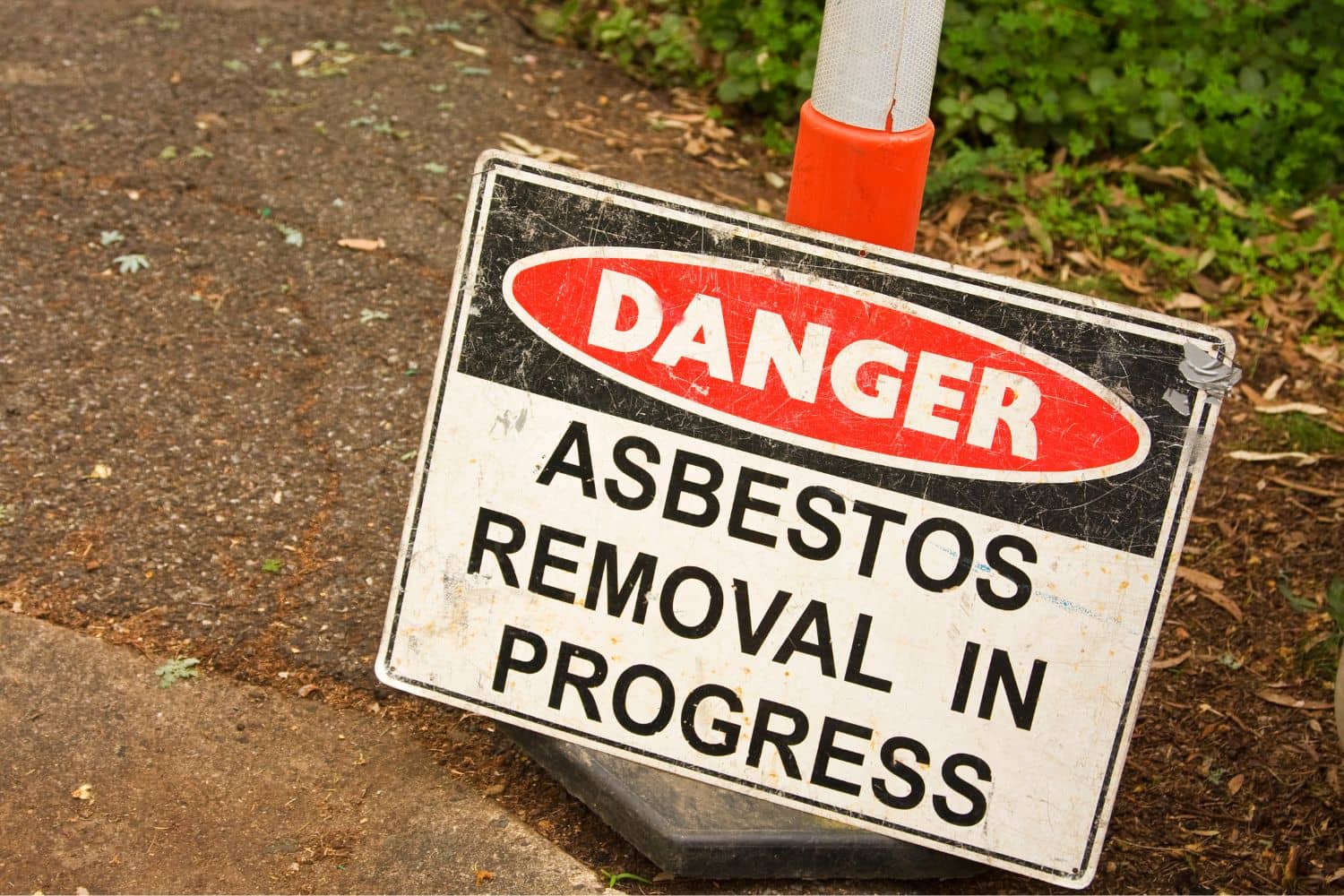Our Locations: St. Louis - Columbia - Springfield - Kansas City

7 Spring Flooding Prevention Tips For St Louis (MO) Homeowners
It’s a fact: springtime brings with it higher risks of flooding across the United States. Unfortunately, homeowners in St Louis MO are no stranger to such risks.
That’s why as the warm, humid weather quickly starts to move in and rainwater collects, property owners in St Louis must be aware of the precautions necessary to minimize flooding damage, especially to basements.
Keeping basements dry through this often stormy season is critical, as damage caused by flooding can be significant and costly.
That said, by taking the necessary steps to counter it, homeowners can protect their properties from major damage.
Here are seven spring flooding prevention tips from the experts at ABC Environmental Contracting Services.
1) Regularly clean your gutters and drains
In order to prevent spring flooding, a bit of cleaning and regular upkeep is necessary.
Homeowners in St Louis MO should regularly clean their gutters and storm drains, especially before the start of spring. This is because leaves, stones and debris can accumulate during the winter months and block the flow of water away from the house.
Additionally, it’s important to check for cracks in the downspout pipes so that the water can be carried away, instead of collecting in pools near your home’s foundation.
2) Inspect walls and floors for cracks and leaks
Before spring arrives, it’s important to check for any visible damage to walls, floors and door frames to ensure that they are able to keep water out of the house. It’s also important to check for cracks and other signs of water intrusion, as well as any drainage issues.
If any such flaws are noticed, it’s recommended to use patching compounds to seal them up.
3) Invest in a sump pump
Sump pumps can be an invaluable piece of flood prevention equipment for those who live in St Louis and areas prone to spring flooding. Installing one in the basement is the first step towards protecting your home during a major storm.
The pumps work by collecting water and pumping it to a sewer system or away from the home, depending on the model.
Regular testing of the pump is key for efficient operation. Testing the sump pump every spring and again after every major rainfall is recommended. This helps ensure the pump is still working properly and ready to divert potential flooding. Additionally, sump pumps should be checked for clogs, and their electrical cords to ensure optimal power supply.
4) Regular maintenance of your basement
Home basement flooding can cause major financial losses and even safety risks. To protect against these hazards, it’s important for homeowners to inspect their basements (and sump pumps) on a regular basis and take appropriate action if any visible damage to walls and floors is identified.
Because basements are particularly susceptible to floods, it’s advisable to make improvements wherever possible. For example, replacing old windows with water-resistant ones, waterproofing the foundations and other walls with a waterproofing coat or spray, or installing flood vents can help divert rainwater from the property.
Maintaining a neat, uncluttered storage space is another way to help prepare for flooding and reduce the risk of damage to belongings.
5) Create an emergency spring flood plan
If your home is at particular risk of flooding, it’s important to have an emergency spring flood plan in place that covers the actions you’ll take if your home floods.
Be sure to include steps to take immediately in the situation, a meeting place and contact information for a water damage restoration company.
Be sure to practice your flood plan with your family, so everyone is prepared.
If you have some advanced warning about flooding, consider the high-value items (furniture, books, documents…) in your home, especially the basement. If you can, move them upstairs. Otherwise, place them in waterproof containers or raise them off the floor by placing styrofoam blocks beneath them.
Likewise, electrical items should be unplugged and removed as well.
6) Check your insurance policy
Homeowners who live in a flood-risk area should take the time to check their insurance policies and make sure they are covered for spring flooding.
Most insurance companies don’t automatically cover floods; knowing this before a flood occurs can be a tremendous help.
What’s more, many plans don’t take effect until after 30 days. So, don’t put it off too long, or it may be too late.
7) Install flood detection sensors
Spring flooding is particularly difficult because it can come with little or no warning. Installing a spring flood detection sensor allows you to know when flooding is happening if you’re not at home.
After all, fast action is vital!
Call ABC Environmental Contracting Services, the water damage experts
Nobody can forecast the weather, but by following our spring flooding prevention tips, you could save thousands of dollars in potential water damage costs and keep your family and belongings safe in the event of a flood.
However, keep in mind that even the best precautions are no guarantee; ABC Environmental Contracting Services’ water damage restoration and flood damage experts are available 24/7 to assist.
Visit our website or call (314) 668-1509 to get connected today.

Areas We Serve In Missouri

OFFICE HOUR
Monday – Saturday: 7:00am – 5:00pm
Sunday: 12:00pm – 3:00pm
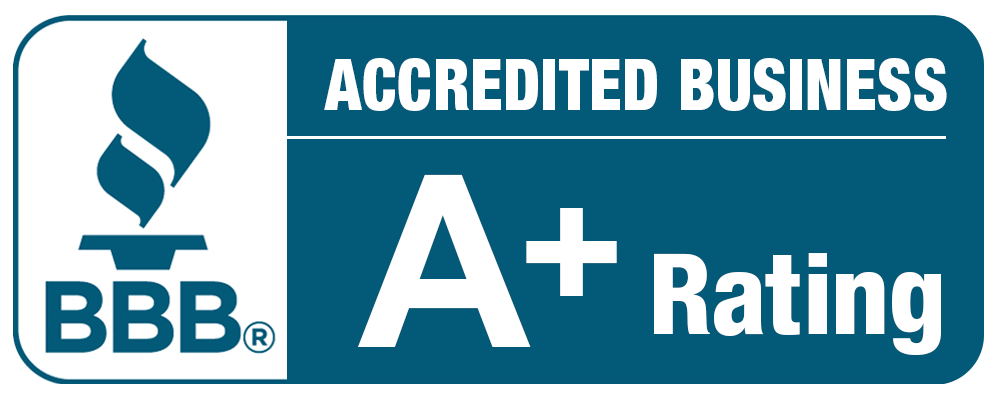
All Rights Reserved | ABC Environmental Contracting Services Of St. Louis
